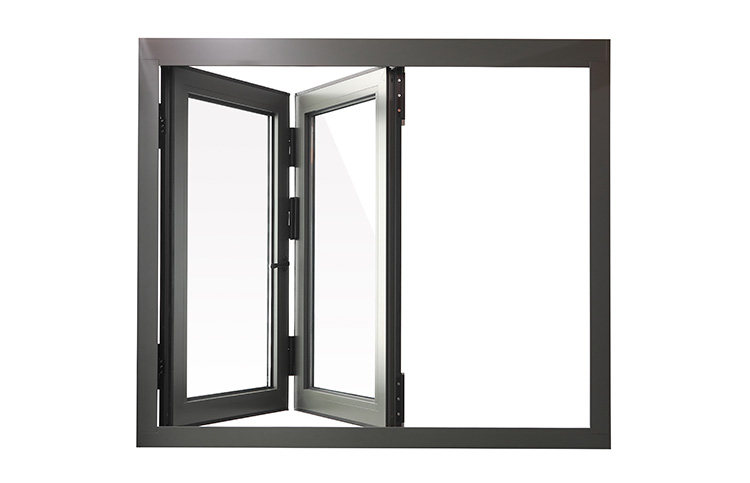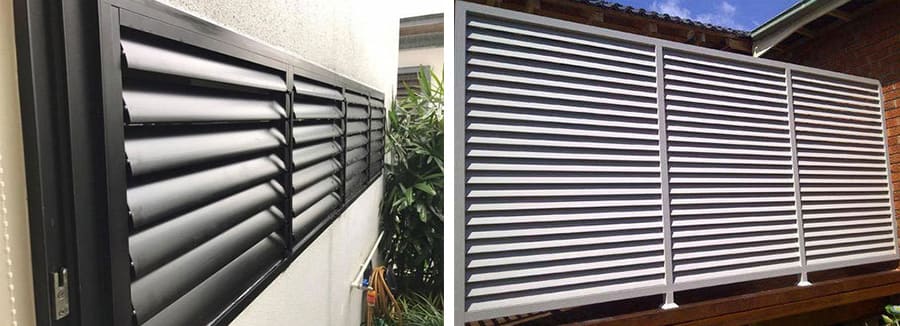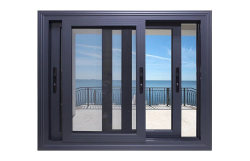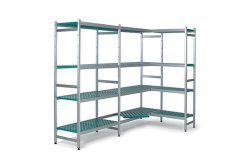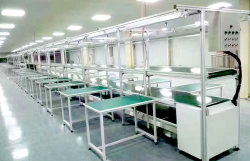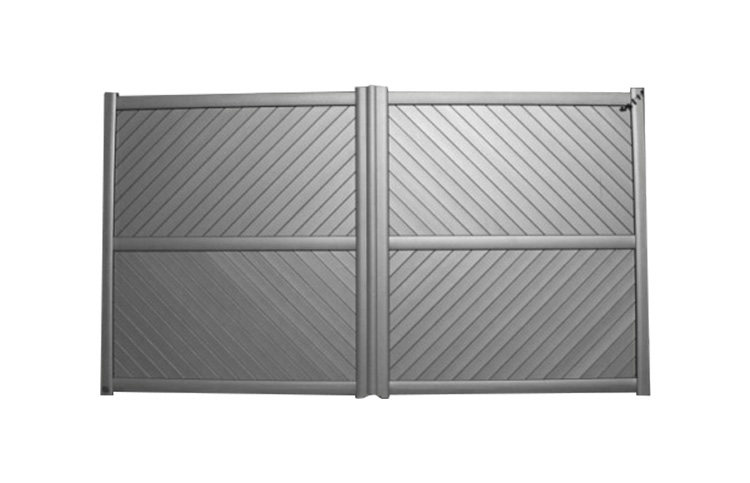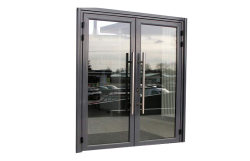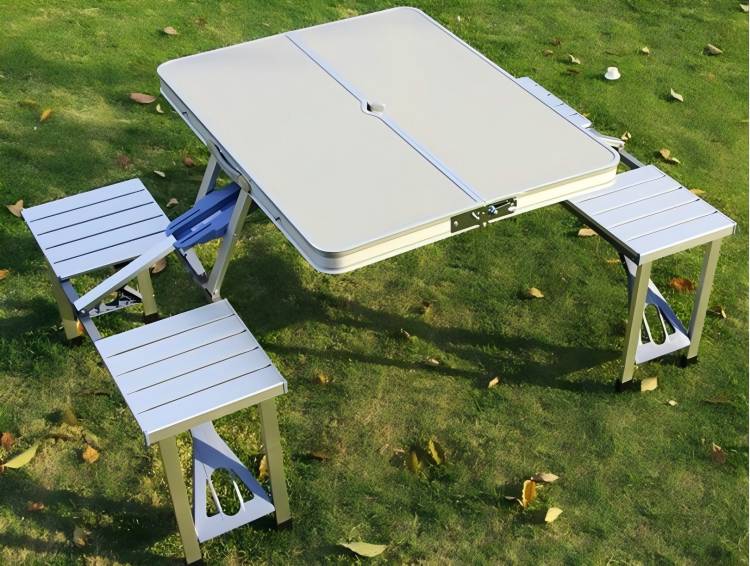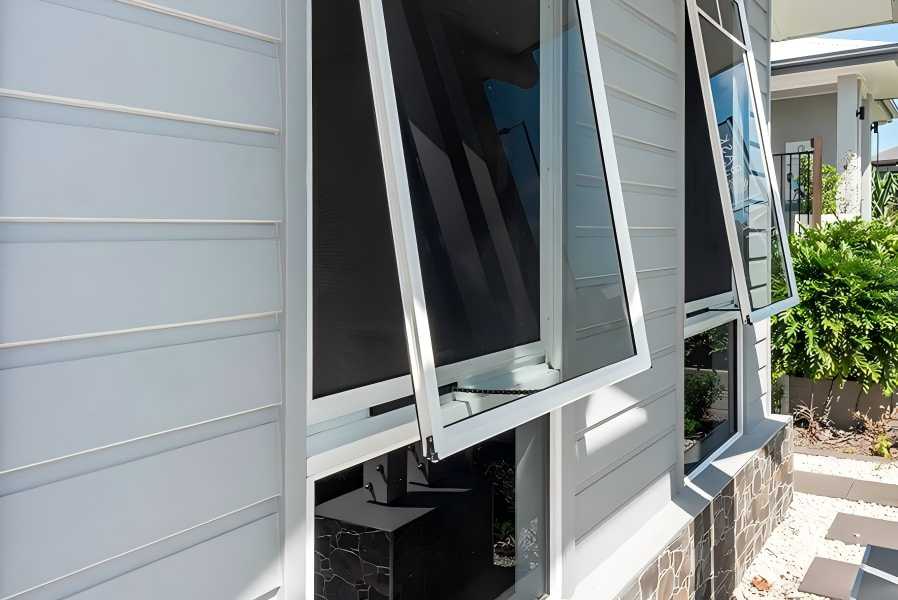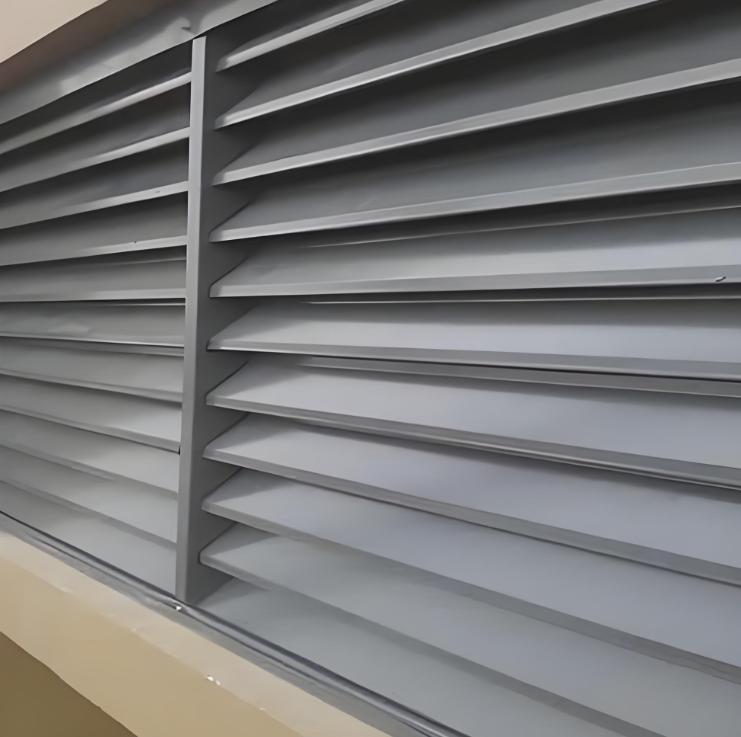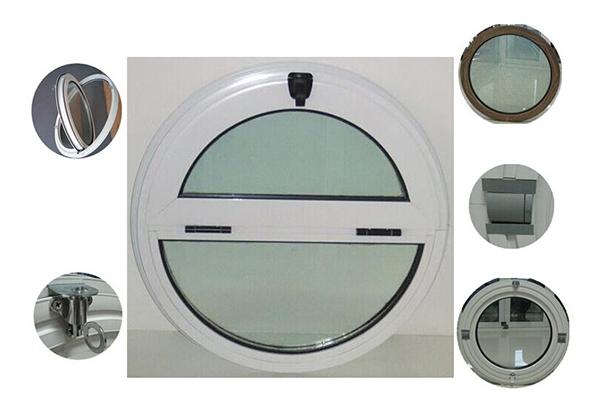From the fast-paced environment of assembly lines to the controlled precision of laboratories, aluminum workbenches are a versatile and popular choice. But what makes them so well-suited for such diverse applications? Let’s delve into the world of aluminum workbenches, exploring their characteristics, ideal uses, and factors to consider when choosing one.
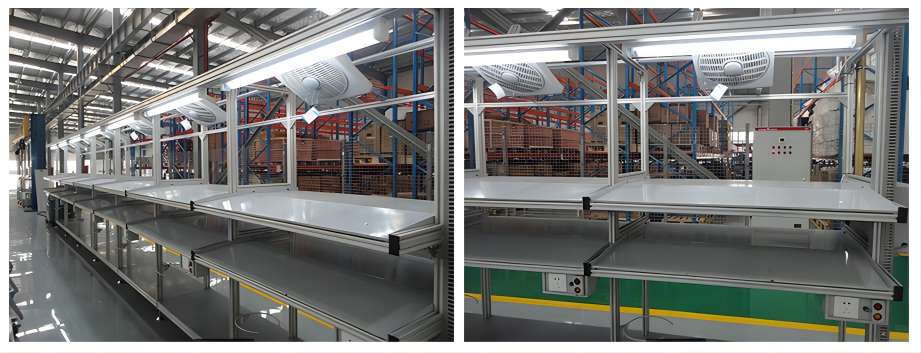
Characteristics of Aluminum Workbenches
Aluminum workbenches are popular choices for various industrial, commercial, and even home applications due to their durability, lightweight nature, and resistance to corrosion. Here are some key characteristics of aluminum workbenches:
- Lightweight: Aluminum is significantly lighter than many other metals such as steel, making aluminum workbenches easier to transport and maneuver. This characteristic is particularly advantageous in environments where the workbench may need to be moved frequently or where portability is essential.
- Corrosion Resistance: Aluminum naturally forms a protective oxide layer when exposed to air, which makes it highly resistant to corrosion. This property makes aluminum workbenches ideal for use in environments where exposure to moisture, chemicals, or harsh weather conditions is common, such as workshops, laboratories, or outdoor settings.
- Strength: While aluminum is lightweight, it is still quite strong, especially when alloyed with other metals. Aluminum workbenches can withstand heavy loads and provide a stable surface for various tasks, ranging from light-duty to heavy-duty applications, depending on their design and construction.
- Durability: Aluminum workbenches are known for their durability and long lifespan. They can withstand frequent use without succumbing to wear and tear, maintaining their structural integrity over time. This durability contributes to their cost-effectiveness as they require minimal maintenance and replacement.
- Versatility: Aluminum workbenches are highly versatile and can be customized to meet specific requirements. They can be designed with various features such as adjustable height, integrated storage options, electrical outlets, and specialized surfaces (e.g., anti-static or chemical-resistant coatings) to suit different applications and industries.
- Cleanliness: Aluminum surfaces are easy to clean and maintain, making aluminum workbenches suitable for environments where cleanliness is essential, such as laboratories, food processing facilities, or medical settings. The smooth surface of aluminum resists the accumulation of dirt, dust, and contaminants, promoting a hygienic working environment.
- Aesthetic Appeal: Aluminum workbenches often have a sleek and modern appearance, which can enhance the overall aesthetics of the workspace. They are available in various finishes and colors to complement different design preferences and environments.
- Environmentally Friendly: Aluminum is a highly recyclable material, and aluminum workbenches can be recycled at the end of their lifespan, reducing their environmental impact. Additionally, the lightweight nature of aluminum contributes to energy savings during transportation and handling compared to heavier materials like steel.
Overall, aluminum workbenches offer a combination of strength, durability, corrosion resistance, and versatility, making them suitable for a wide range of applications across various industries.
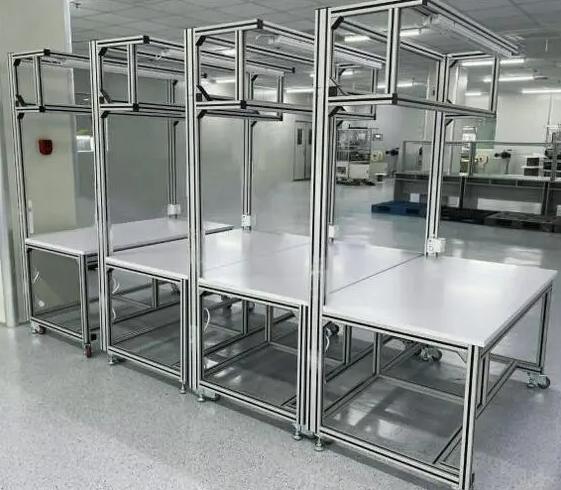
Comparison Over Other Workbench Materials
Here’s a comparison of aluminum workbenches with wood and steel workbenches in a table sheet:
| Aspect | Aluminum Workbench | Wood Workbench | Steel Workbench |
| Weight | Lightweight, easy to move and transport | Heavier, can be cumbersome to move around | Heavier, may require machinery for movement |
| Durability | Resistant to rust and corrosion, long-lasting | Prone to rotting, warping, and termite damage | Resistant to rust but can be prone to scratches |
| Maintenance | Low maintenance, does not require sealing or painting | Regular sealing or painting required to prevent damage | Requires occasional painting to prevent rust |
| Strength | Adequate strength for most tasks | Varies depending on wood quality, may not be as sturdy as metal | Very strong and sturdy, suitable for heavy-duty tasks |
| Cost | Moderate cost, usually less expensive than steel | Can be inexpensive, but high-quality wood can be costly | Moderate to high cost, depending on the grade of steel |
| Customization Options | Can be easily customized with accessories and attachments | Limited customization options | Limited customization options |
| Conductivity | Non-conductive, suitable for electrical work | Conductive, not suitable for electrical work | Conductive, not suitable for electrical work |
This table provides a brief overview of the advantages of aluminum workbenches compared to wood and steel alternatives. Keep in mind that the suitability of each material depends on specific needs and preferences.
Applications of Aluminum Workbenches
Aluminum workbenches find diverse applications across industrial, commercial, and home settings due to their versatility, durability, and lightweight nature. Here are some common applications categorized by each context:
Industrial Applications:
- Manufacturing Workshops: Aluminum workbenches are utilized for assembly, testing, and quality control in manufacturing facilities. Their customizable features accommodate specialized equipment and tools required for specific manufacturing processes.
- Automotive Workshops: In automotive repair and maintenance facilities, aluminum workbenches provide a stable platform for tasks such as vehicle servicing, part assembly, and diagnostics. Their durability and resistance to corrosion make them suitable for handling automotive fluids and components.
- Electronics Manufacturing: Aluminum workbenches are commonly used in electronics manufacturing for assembling, testing, and repairing electronic devices. Their clean, static-resistant surfaces protect sensitive electronic components from damage.
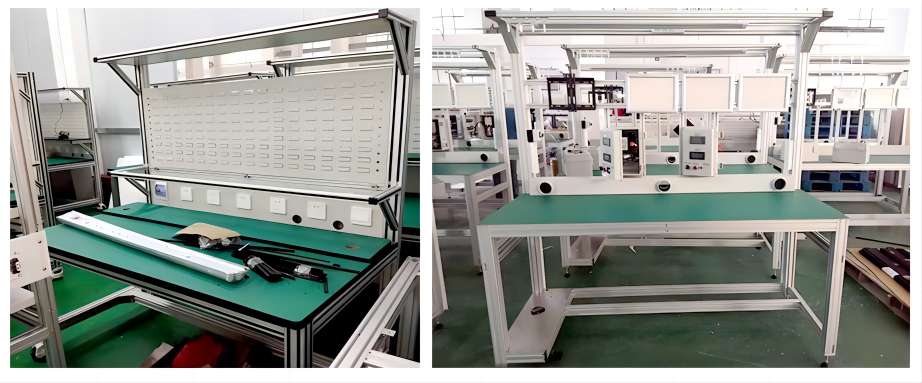
Commercial Applications:
- Laboratories and Research Facilities: Aluminum workbenches are prevalent in laboratories and research facilities for conducting experiments, analyzing samples, and performing delicate procedures. Their corrosion-resistant and easy-to-clean surfaces maintain hygiene standards.
- Retail Displays and Merchandising: In retail settings, aluminum workbenches are employed for product displays, merchandising, and demonstrations. Their sleek appearance enhances product presentation while providing a durable platform for showcasing items.
- Food Service and Hospitality: In commercial kitchens and food service establishments, aluminum workbenches are used for food preparation, assembly, and packaging. Their clean and corrosion-resistant surfaces ensure compliance with food safety regulations.
Home Use:
- Home Workshops and Garages: Aluminum workbenches are popular choices for DIY enthusiasts and homeowners for various projects, repairs, and hobbies. Their lightweight design allows for easy setup and rearrangement in home workshops and garages.
- Gardening and Outdoor Tasks: In outdoor settings such as gardens, patios, or sheds, aluminum workbenches provide a convenient surface for gardening tasks, potting plants, and outdoor DIY projects. Their resistance to weathering makes them suitable for outdoor use.
- Crafting and Hobby Areas: Aluminum workbenches serve as functional workspaces for crafting, sewing, model making, and other hobbies. Their customizable features and durable construction accommodate the needs of hobbyists and craft enthusiasts.
In summary, aluminum workbenches are versatile solutions utilized across a wide range of industrial, commercial, and home applications, offering durability, functionality, and convenience in various work settings.
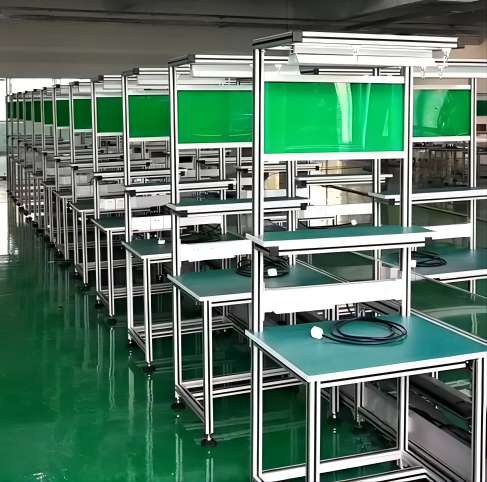
Considerations When Choosing an Aluminum Workbench
When choosing an aluminum workbench, several considerations should be taken into account to ensure it meets your specific requirements and preferences. Here are some key considerations:
- Size and Dimensions: Determine the appropriate size of the workbench based on the available space in your workspace and the type of tasks you’ll be performing. Consider factors such as the width, depth, and height of the workbench to ensure it fits comfortably in your environment and provides adequate workspace.
- Weight Capacity: Assess the weight capacity of the workbench to ensure it can support the tools, equipment, and materials you’ll be working with. Consider the maximum load the workbench can handle without compromising its stability and structural integrity.
- Construction and Material: Evaluate the construction quality and material of the workbench, considering factors such as the thickness of the aluminum frame and the type of joints used. Look for sturdy construction that can withstand heavy use and provide long-lasting durability.
- Surface Type: Consider the type of surface finish or top material of the workbench. Options may include smooth aluminum surfaces, textured surfaces for added grip, or specialized coatings such as anti-static or chemical-resistant finishes depending on your specific needs.
- Customization Options: Determine whether the workbench offers customization options such as adjustable height, integrated storage solutions, or accessories such as power outlets, lighting, or tool holders. Customizable features allow you to tailor the workbench to your workflow and organizational preferences.
- Portability and Mobility: Assess the portability and mobility features of the workbench, especially if you require a portable solution or need to move the workbench between different locations. Look for features such as wheels, casters, or folding mechanisms for easy transportation and storage.
- Assembly and Installation: Consider the ease of assembly and installation of the workbench. Look for workbenches that come with clear assembly instructions and require minimal tools for setup. Additionally, assess whether professional installation services are available if needed.
- Price and Budget: Determine your budget for the workbench and compare prices across different brands and models. Consider the overall value provided by the workbench in terms of its features, durability, and suitability for your specific requirements.
- Warranty and Support: Check the warranty coverage and after-sales support offered by the manufacturer. Look for workbenches that come with a warranty against defects in materials or workmanship and ensure that adequate customer support is available in case of any issues or concerns.
By considering these factors when choosing an aluminum workbench, you can select a suitable option that meets your needs in terms of size, weight capacity, construction quality, customization options, and overall value for money.
Conclusion
Aluminum workbenches offer a versatile and durable solution for a wide range of applications, from manufacturing and laboratories to electronics and healthcare. Their lightweight nature, corrosion resistance, and customizable features make them essential tools in modern workspaces. By considering factors such as load capacity, size, accessories, and budget, organizations can select the right aluminum workbench to optimize productivity and efficiency in their operations. If you are looking for an Aluminum workbench supplier, please feel free to contact CHAL, because they are professional aluminum profile manufacturer and supplier. Believe they will not let you down.

